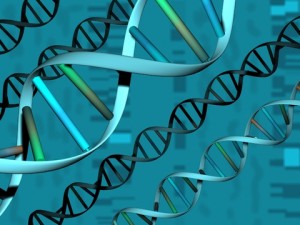It’s incredible how different we all are . . .
Here's how photographer Timothy Allen sums up his two year trip to the far corners of the world in order to capture images for the BBC series Human Planet:
It's incredible how different we all are, but yet we share roughly the same hopes and dreams for life. We're essentially looking for a roof over our head, looking to find a mate in life and feeding ourselves and looking after our offspring, and that's about it, really.
Allen's quote brings to mind Donald Brown's work on the incredible sameness of all human animals. But, as Allen points out, our cultures are also dramatically different from one another. Now please do yourself the supreme favor of clicking on this link to view a sampling of Allen's exquisite photography for Human Planet. His slide show includes some of the most memorable photos I've ever seen. You can read through the live chat that the show's team had earlier tonight, and please do consider a visit to Allen's own site. And here's a bit of video from the series, a segment dealing with the "last free people on the planet."
